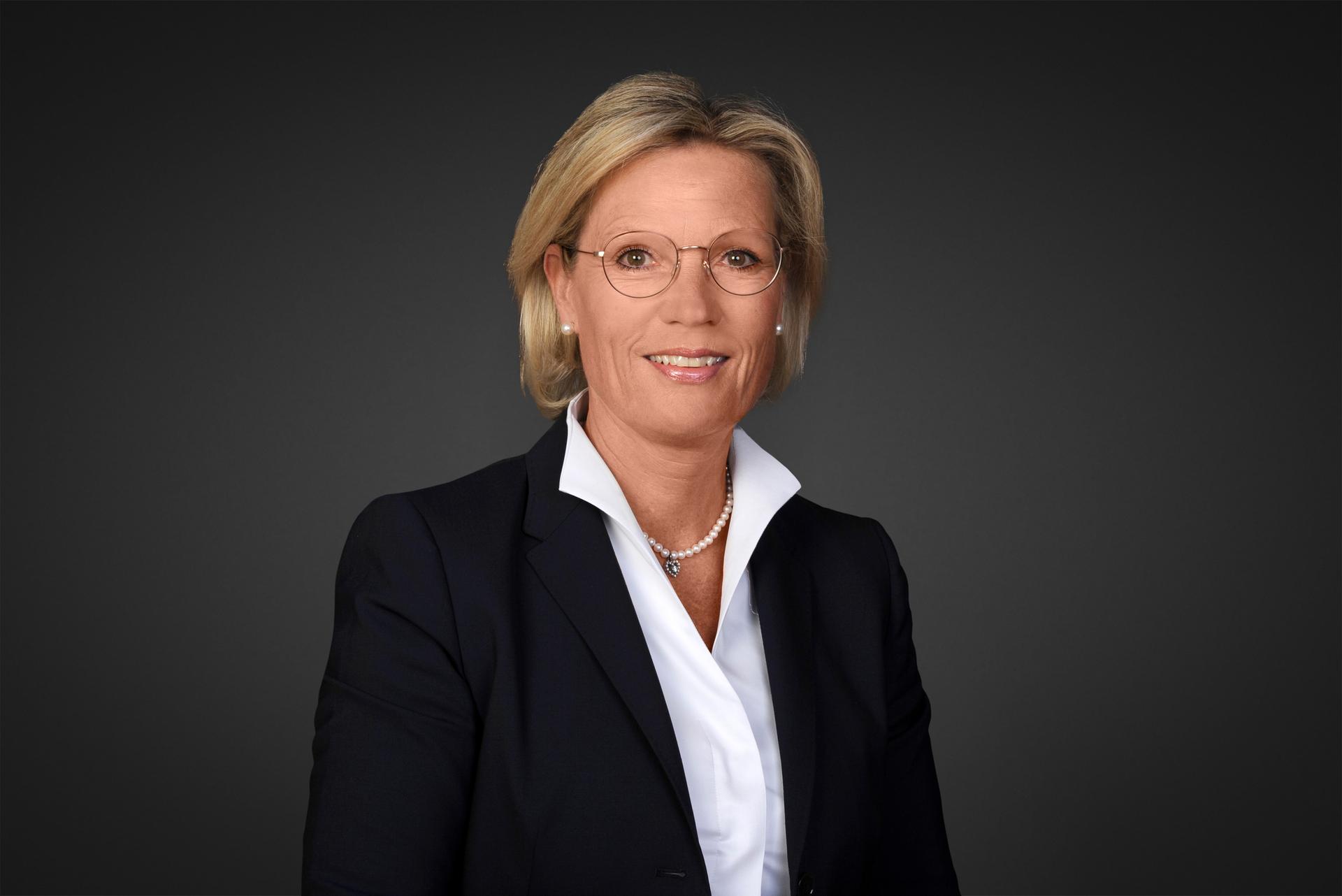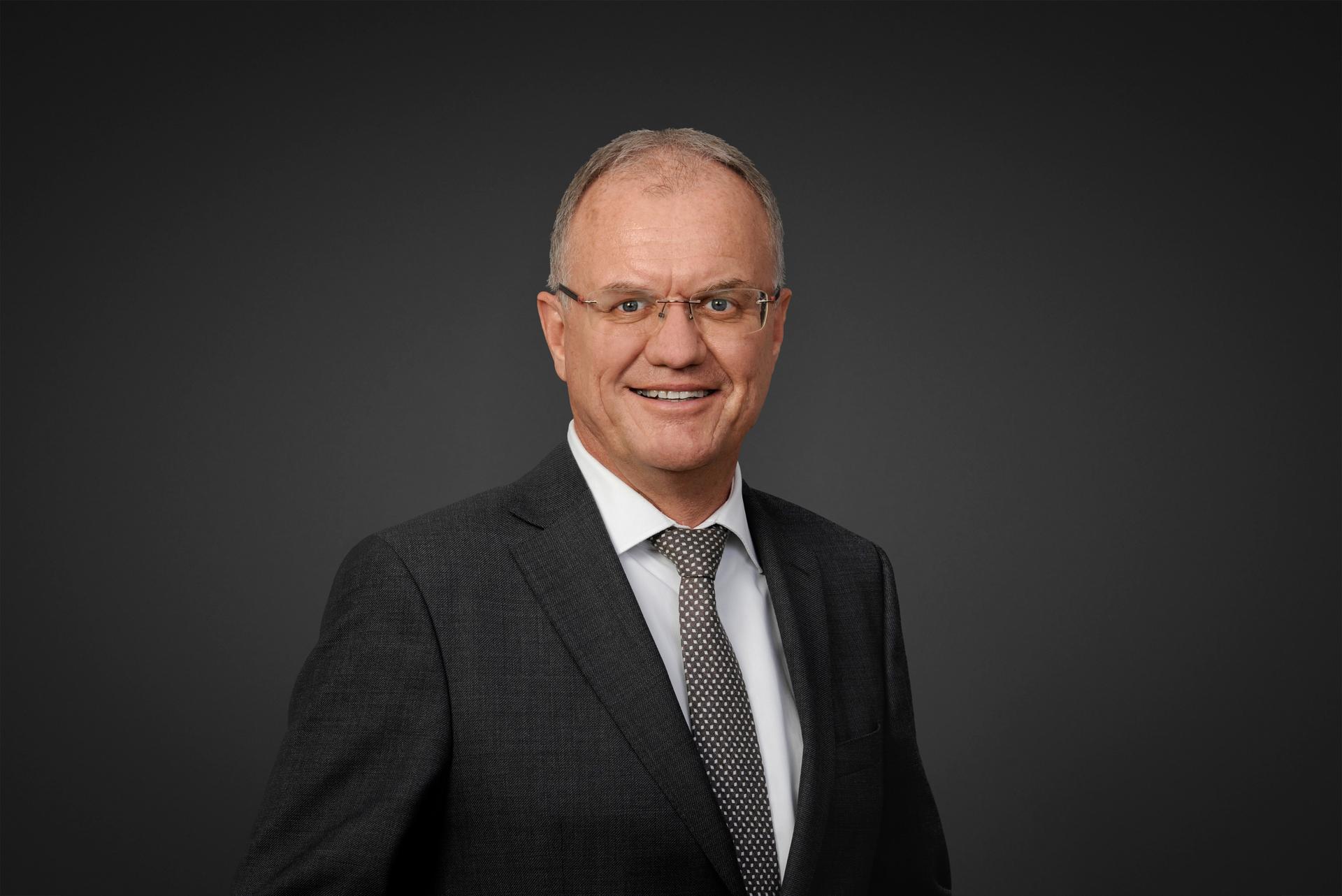
Investing with expert guidance
Even experienced investors make mistakes. Find out what investment mistakes you may be making and how to avoid them.
How much do you know compared to other investors?
More than most—also claimed by the majority
Being well versed in investing is worth a lot. However, most investors estimate their financial knowledge to be better than that of other investors, which is impossible. Better than most cannot also be most.
Overestimation
This characteristic can lead to positive choices, like deciding to invest at all. However, it usually goes along with an over-appetite for risk. Those who base their perceived knowledge on gut feeling, also act from the gut. With a trustworthy, experienced partner this tendency can be counteracted through consultation and regular exchange.
Modesty is a virtue—which can limit your potential
When it comes to one’s own expertise, a cautious approach is generally good. Most people tend to overestimate themselves, which can lead to an overly risky approach when investing. This does not seem to be the case with you, congratulations! However, underestimating your knowledge can unnecessarily reduce your return potential.
Self-underestimation
People who underestimate their financial knowledge often struggle to seize opportunities. Investing too hesitantly, for example, can cause your wealth to decline due to inflation. An optimistic attitude can help you recognize investment opportunities and assess them correctly. Regular exchange with an expert can help.
Some of your shares drop from CHF 18 per share to CHF 5 per share. What do you do?
Your motto is “Buy the dip”—shared with 26 percent of investors
26 percent of private investors in Switzerland would buy more if the share price “tanked”. Sounds plausible. If you have extra cash, why not profit from a low price?
A matter of valuation
What seems like a good buying opportunity at first can equally be the start of a negative price trend. Perhaps a company is in financial difficulties or even facing bankruptcy. Therefore, every position should be preceded by a thorough company evaluation. In addition, it is advisable to diversify your portfolio to protect yourself from an individual default. Experts can help you with both.
You and 4 percent of investors are not afraid of losses
Only 4 percent of private investors in Switzerland would consider selling in case of a loss. This shows: Unlike most, you are not afraid to realize losses when the situation calls for it.
Beware of panic selling
In principle, it is good to face losses with a cool head. However, if you trade too frequently during volatile times, the potential for losses increases. Successful investing relies on the ability to ride out a lean period. In other words, patience. Also, make sure you have the financial capability to accept losses in the short term.
You shy away from losses—like 70 percent of investors
The vast majority—70 percent of private investors in Switzerland—are loss averse and prefer to sit out price drops. This is because people generally fear losses more than they value gains. So, the feeling of losing something weighs heavier than the feeling of gaining something.
Use loss aversion to your advantage
If you don’t recognize when an investment’s potential has been exhausted, you run the risk of holding on too long. However, you can also use loss aversion to your advantage. Instead of panicking, you can review the long-term potential of the investment and make a data-based decision. Remember, investing is about evaluating the best path forward, not the last few weeks.
Have you ever missed the “right moment” when investing?
Just at the right time—like 49 percent of private investors!
Congratulations, you seem to make the right choices at just the right time! Either you have an exceptional nose for the markets or—and this is statistically more likely—you had a bit of luck.
The “right time” does not exist
Looking back, we like to credit ourselves with good timing. But beware: In purely statistical terms, this is almost impossible. Even professional investors cannot accurately predict the perfect time to enter or sell a stock. Therefore, it is advisable to not speculate on the “right moment,” but to invest based on long-term potential. What counts is the right moment for you!
51 percent of us have regretted their investment timing in the past
More than half of Swiss private investors have delayed buying or selling their shares in the past and later regretted it—an unreasonable sentiment judging statistically.
The “right moment” does not exist
When investing, everyone wants to catch the right moment. However, this is statistically impossible. Even professional investors cannot precisely predict the perfect time to enter or sell. Therefore, it is advisable to not speculate on the “right moment,” but to invest based on long-term potential. What counts is the right moment for you!
Have you ever made an emotional decision when it comes to your finances?
You stay cool, calm, and collected—like 47 percent of investors
Emotions can fluctuate from day to day or even over the course of a day. This can influence our judgment. In fact, 53 percent of private investors in Switzerland have already made emotionally influenced investment decisions and regretted them afterwards. Even better than keeping a cool head in the “heat of the moment” is to make your decisions based on data.
Emotions provide basic motivation
Even though emotions are considered bad investment advice, they do have a benefit. They can help us recognize warning signs or prompt us to seize opportunities. Use emotions to explore opportunities, but don’t base your decisions on them. Experts can help you distinguish rational from emotional factors.
Like 53 percent you are occasionally driven by the heat of the moment
Don’t worry, most people find it hard to keep emotion completely out of their financial decisions. In fact, 53 percent of private investors in Switzerland have made emotional decisions in the past that they regretted afterwards. Investment decisions are better made with a cool head, preferably based on data.
Incorporate safety nets in your decision making
One way to limit the influence of emotion in your decisions are safety nets. For example, you could require a mandatory, face-to-face meeting with an investment professional, before buying or selling. Or you could arrange a deferral for the execution of your trades. This would allow you to reconsider your decision within a set period.
Many different factors can influence your decision making. This is why an exchange with experts is so valuable. As sparring partners, they can help you look beyond the edge of your own portfolio.
Our experts
- help you to align your investments exactly with your financial goals.
- ensure that your return potential is not diminished by unnecessary mistakes.
- recognize investment opportunities early and can limit possible losses.
- guide you through crises and uncertain markets with years of experience.





